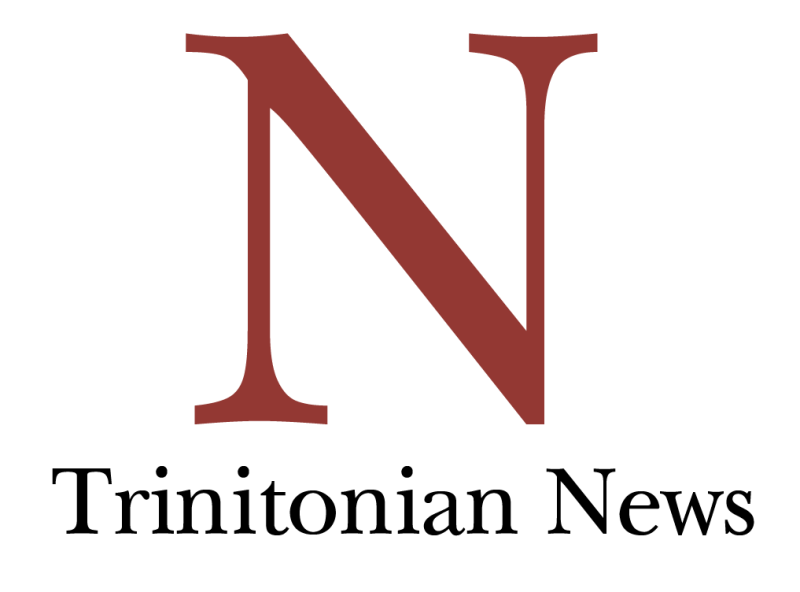Tuesday, Jan. 26, the International Studies department began its Spring Colloquium on Issues in the Contemporary Muslim World. The discussion was held in Northrup Hall 040 from 3:50-6:30 p.m. It is a class at Trinity, but it is also open to and free for the general public.
The colloquium is based on UNESCO’s proclamation that 2016 is the International Year for Global Understanding.
According to the program flyer, “UNESCO has declared 2016 the International Year of Global Understanding. We need to recognize this understanding now, more than ever, as opposing sects clash in the Middle East, ISIS seeks to establish a caliphate and instigate global terrorist acts and masses of people risk their lives to escape the ravages of civil war.”
The course will provide a way to discuss international issues and will focus on questions surrounding the rise of Islamic militant groups, clashing sects in the Middle East and an increase in global terrorist attacks.
“So this International Studies Colloquium is a weekly meeting of majors and minors in international studies and its purpose is to provide a venue where majors and minors from diverse concentrations come together to discuss significant international issues,” said Nanette Le Coat, director of international studies and associate professor of modern languages and literature.
The course is being directed by the international studies department and will feature both Trinity professors as well as visiting scholars. Tuesday’s lecture began with a PowerPoint presentation introducing the series and its goals for the semester.
“What we’d like to stress is understanding is kind of a soft term. It sounds nice but what does it mean exactly? Well it doesn’t mean just information. We’re all bombarded with information but that doesn’t mean we understand anything. That’s what one of the goals of this class is, to move from information towards understanding through context, through discussion, through a more complete learning experience and through raising questions. It’s not just getting factoids off the Internet,” said Le Coat.
The introductory lecture also asked the question, “Why the Middle East?”
“The region is critical to global politics, that’s certainly a reason. Because events in the Middle East affect other parts of the globe, all parts of the globe really. There’s not a place that isn’t affected by what is going in in the region because the region is in the news daily. We need a better understanding of who the people who inhabit this region are,” said Le Coat.
The class then discussed some of the topics they hope to cover throughout the semester. These topics ranged from humanitarian issues, issues in economics, divisions in Islam and issues in national security.
Much of the course will look at what we as a society are focused on regarding Islam and those who practice it.
“Where do you train your lenses? Do you want to doggedly focus on the religion and it’s theological tenants?” said Tahir Naqvi, assistant professor of sociology and anthropology.
The series will continue in the coming weeks and is expected to gain even more traction as the semester unfolds.







